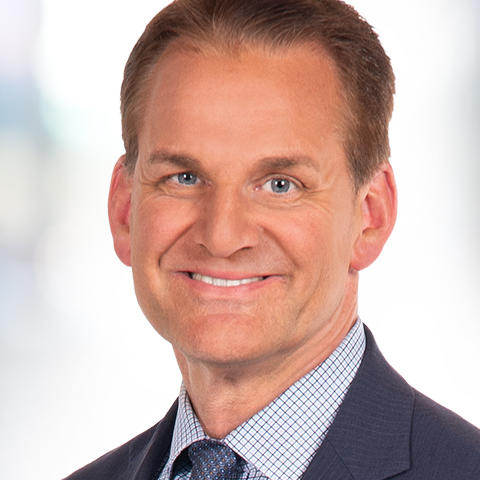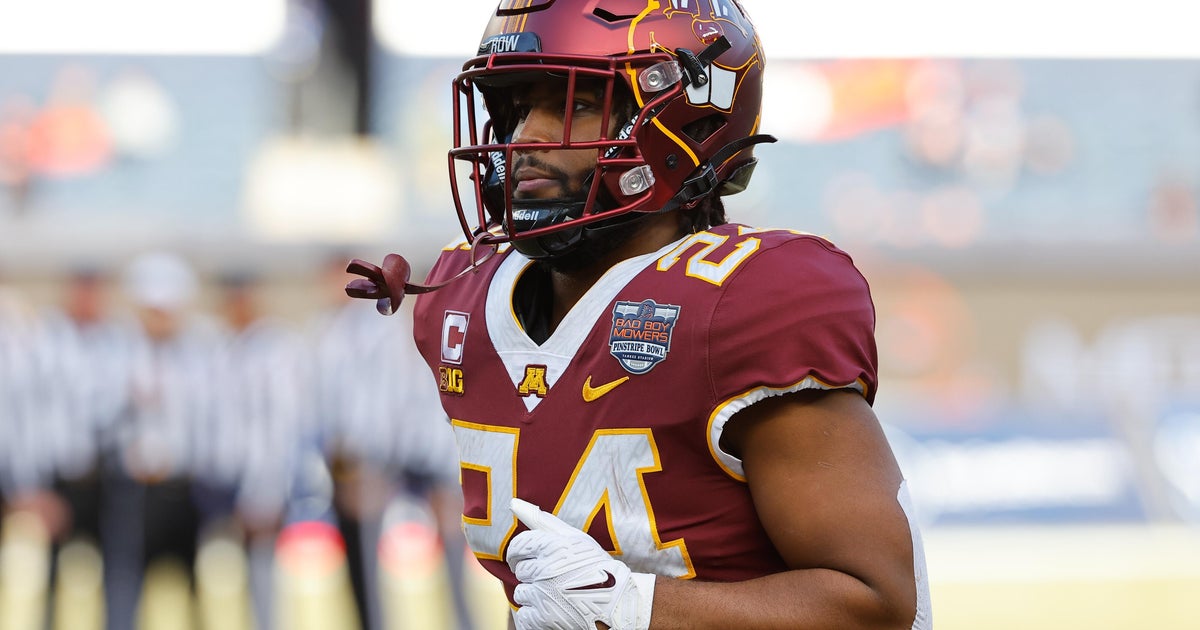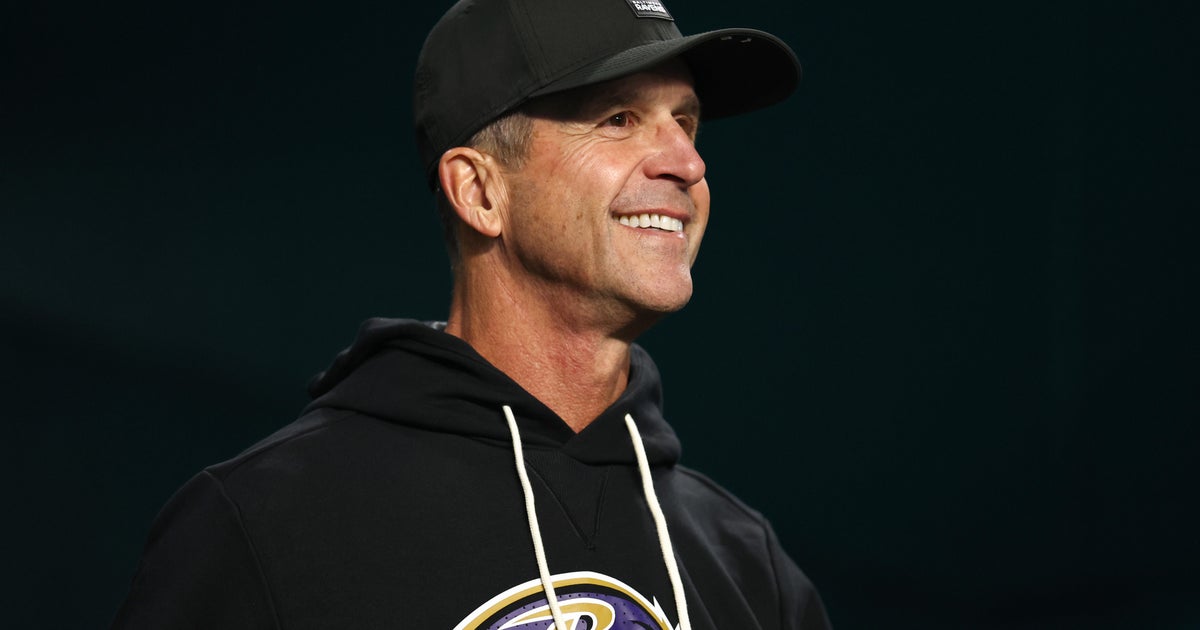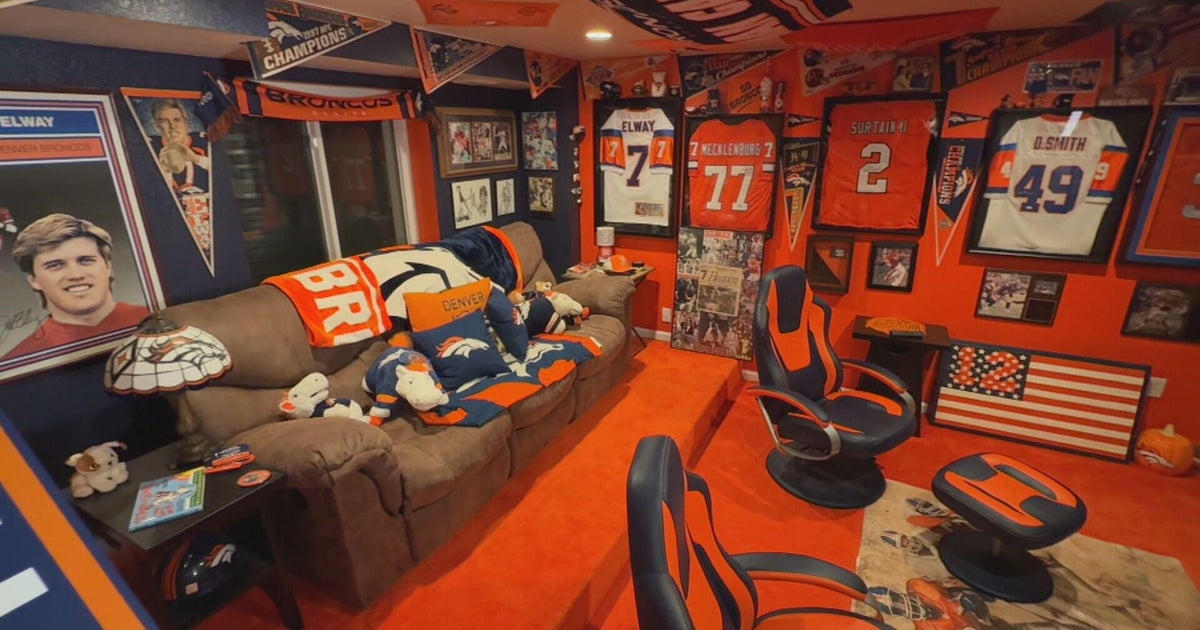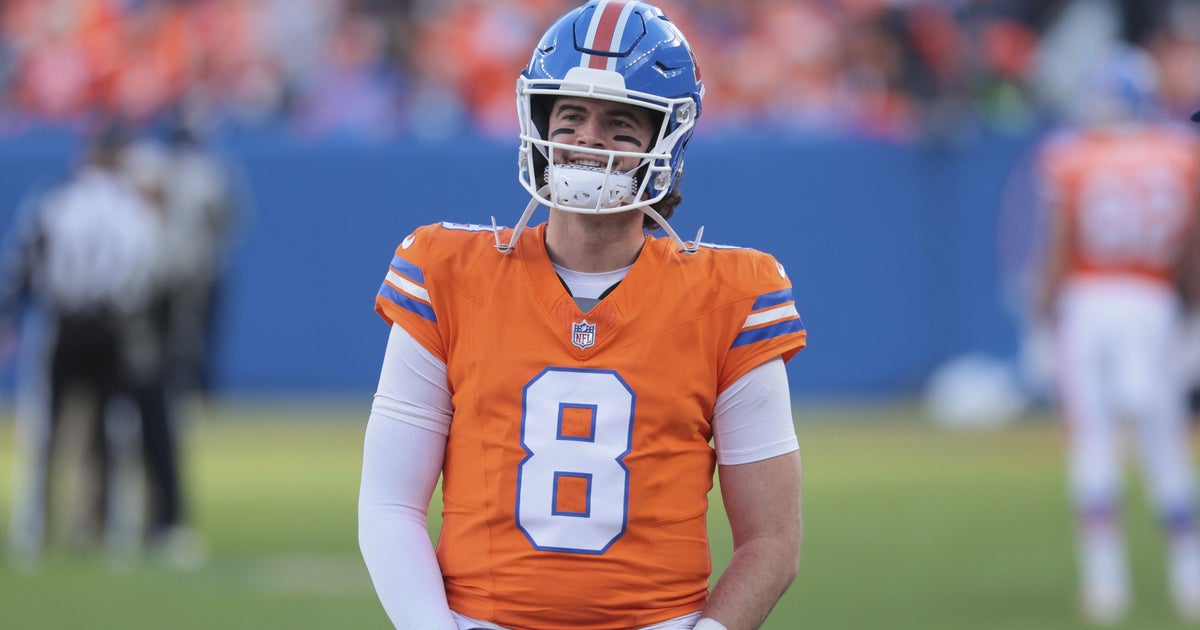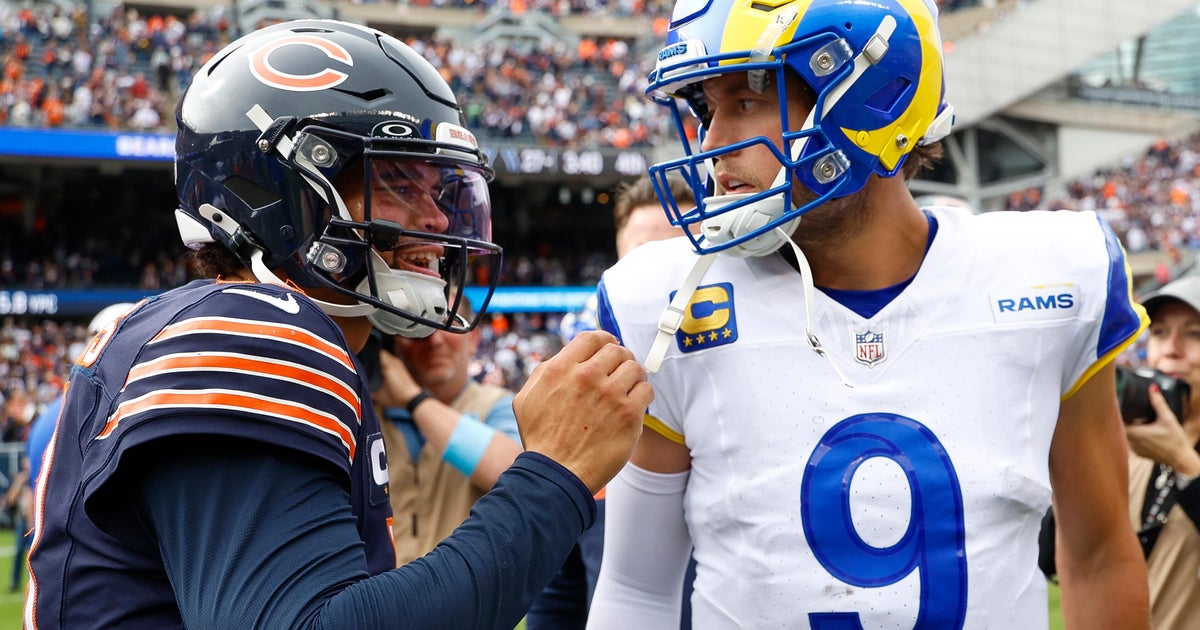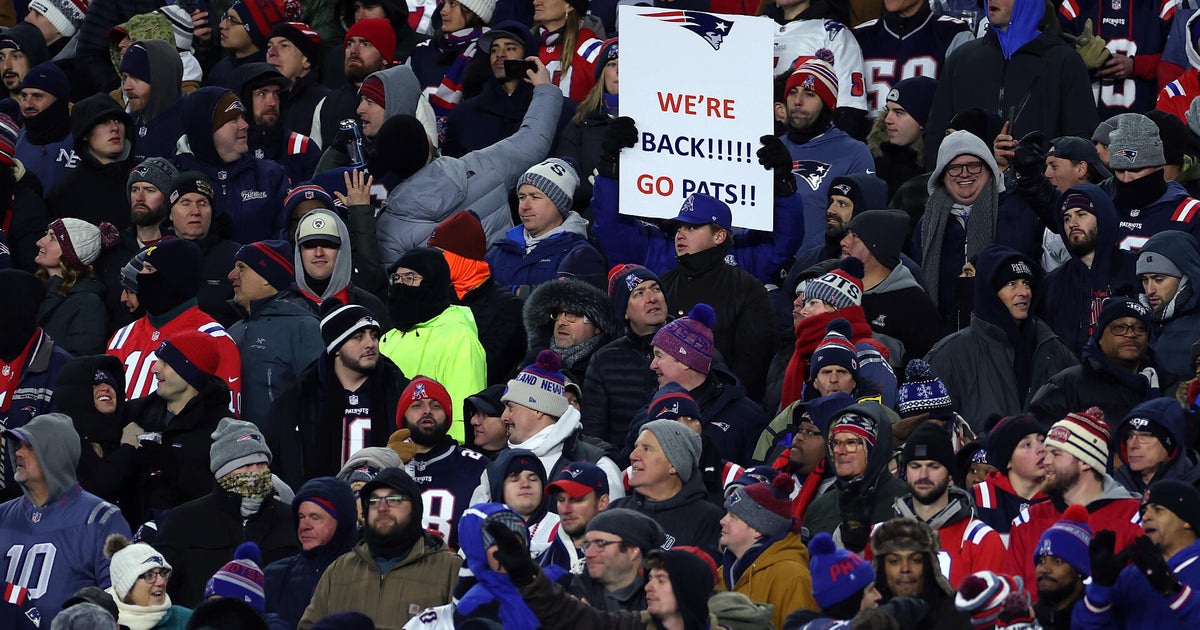Brett Favre speaks on life after football, adversity
MINNEAPOLIS — Brett Favre is known as one of the best quarterbacks to play in the NFL.
He was only a Minnesota Viking for a short time, but he made a big impact on fans here. These days, some of his biggest impacts are being felt in his home state of Mississippi.
Right now, Favre is caught in the middle of Mississippi's largest ever public corruption case. He hasn't been charged with a crime, but is named in a civil lawsuit surrounding misspent welfare money. Favre denies any wrongdoing.
While he can't talk about that lawsuit, he did talk to WCCO's Mike Max about life after football and how he continues to deal with adversity.
BRETT FAVRE: You know, I've told people this so many times. I grew up, like most kids, dreaming of playing pro baseball or pro basketball, pro football or being a professional golfer. But there's there's a small, small, small percentage that get to experience that. I used to daydream. My dad was the high school football coach at the local high school. We played baseball for my dad, summer league ball. Of course me and my two brothers, we played baseball and and football for my dad. And that's all we knew. At the dinner table we talked football, if it was baseball season, we talked baseball.
MIKE MAX: Matt Lawton, the old Twin, right?
FAVRE: Yeah, Matt Lawton, I was the shortstop, he was the second baseman. But very few people who they dream and dream of doing wonderful things on a baseball field or football field or basketball court. I got to do it. But even the dreams that I had, as big as they were, were surpassed long ago. I dreamed of playing for the Saints, I dreamed of playing for the Cowboys. I grew up a big Cowboys fan. I grew up a Saints fan, but they were horrible. But I dreamed of being Archie Manning and what it would be like to call my name out running out of that tunnel. Or Roger Staubach.
MAX: Your dad was a high school coach, though, and as you told the story when you were here, you overheard him one time saying, "I know my son didn't play well last week, but I know him and he'll play well." And that did a lot for you to hear him and overhear him say that.
FAVRE: Yeah, it did. And my dad never knew that I knew that he had said that. My dad was one of those that he was definitely old school, and you may be able to relate to this with your father. If he ever was thanking praise or giving praise, he didn't want me to know it. So he would never give it to me. It meant a lot. I'm like, "Is my dad sick or what the heck's wrong with him?" But had he known that I was sitting — I mean, I was waiting to ride home. But he didn't think I was right outside. And I wasn't like eavesdropping. But he gave me a compliment. And my dad was short on compliments. You know, we had a relationship that I'm sure other player and their dad being a coach, that type of relationship can relate. But I knew that he loved me. I knew that he like, it's hard to explain, but I knew that he knew I was a good player. But I really felt like — I analyzed this probably more so after he passed away. And really thought about it in depth. I think he felt like, and I don't know the answer to this, it's just a theory. I think that he felt as though had he given me praise, it would have gone to my head. And that going to my head would ruin chances of moving up the ladder.
MAX: All those years in the NFL. Playing at that high level, what did you learn? What did you learn about yourself?
FAVRE: My perception and maybe everyone else's perception may not be on the same. And that can be the case for anyone. You know, I've often talked to both of my daughters, and I got three grandsons, and we haven't got any in-depth conversations yet. Maybe with the oldest grandson. But success, to me, is not being the starting quarterback for the Packers or the Vikings, necessarily. You don't have to make a lot of money. Success is doing something that you love to do and doing it at the best, to me, doing it the best you can. That's being successful. I think most people — if you polled third graders or fourth graders or fifth graders, maybe even up to high school kids, maybe even college, and you said what is success? I think most of them would say making a million dollars or owning a company. I don't think that that's the case
MAX: Everything that's going on and I know you can't talk about a lot of stuff, etc., etc., but do you have to get to a point where you don't worry about what somebody else thinks of you? How does Brett Favee handle that?
FAVRE: Yeah, you have to kind of weather the storm. There's obviously not a textbook on when that is. It's not after 15 years you have the right to. But I think yeah, I think you have to kind of earn the right to get to that point.
MAX: But dealing with adversity, I mean, all that you've been through in your life, did you get to be good at it?
FAVRE: I played long enough — my first five or six years, I was just riding the wave. We won a Super Bowl, I started winning MVPs. And I was living in the moment. So I didn't really think about down the road. I really didn't think about past. I was just kind of like, if we lost the game and we were on the road, by the time we landed at Austin Straubel, I'd forgotten about it. I was on to the next game. Well, the latter part of my career, you play 20 years. If you think about it from a grade school perspective, first grade and 12th grade, how different you are in 12 years. Twenty years in the NFL. I thought I knew a lot at 21.
MAX: The Minnesota Vikings. What was that like to be a Minnesota Viking?
FAVRE: Well, it was at a time in my career, which is kind of odd, that you you feel like you need to be wanted and accepted.
MAX: Really? Even Brett Favre needs to be wanted by someone?
FAVRE: Even Brett Favre. I mean, I still felt like I can play. I felt like the team that I played for for so long and accomplished so much — not the fans. The fans wanted me. But the management wanted to go in a different direction. And I was OK with that. But I just felt like, all I had done, this is what I got for it. And Minnesota wanted me right away, but I had to go to the Jets to get to Minnesota. But it worked out perfectly. You know, the second year in Minnesota was was not as successful as any of us had hoped. But it was — I wouldn't trade those two years for anything. It was a wonderful experience. The management was awesome. The teammates were outstanding. The fans were — I mean, to run out of that tunnel and they cheer was — it's hard...
MAX: Nobody could have ever envisioned that.
FAVRE: No, all the years I've went out in the loudest boos ever. It was the hardest place for me to play. We just did not handle that environment very well. I was like, finally I get to play with this environment.
MAX: Kirk Cousins. If you had a chance to give him, impart some wisdom on him as he goes through his 30s as a quarterback in the NFL, what would you tell him?
FAVRE: His several years that he's been with Minnesota, he's been prolific, statistically. More so than I would ever have been, and I know it's a different game now. But I don't know, I'm not saying that he does this or doesn't do this, I would tell him not to press. Just enjoy the ride and let your play do the talking. And I'm not saying that he doesn't do that. But you can only do so much. The one thing that's beautiful about about football is it really takes a team to win it all. Golf, it's you and the clubs. Baseball, a pitcher can throw a no hitter and the right fielder can never see a ball that night. Football, you can be on top of your game, but you would never know it if they didn't block for you. Or the routes are run wrong or they drop balls.
READ MORE: Justin Jefferson talks success, failure, sunglasses
